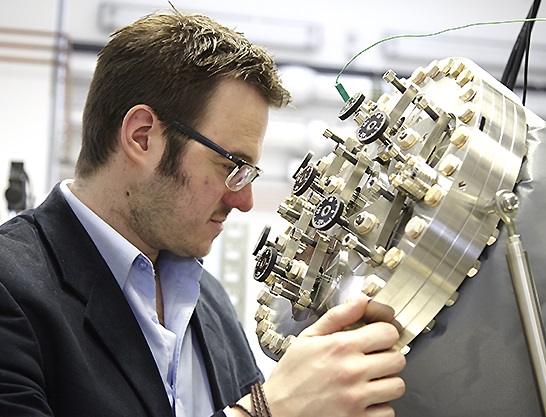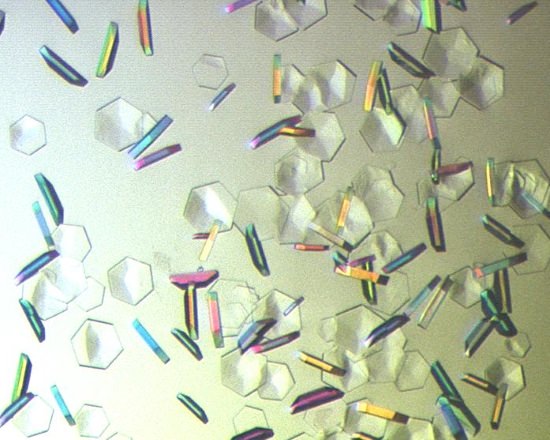It is useful to provide clear signposting of what your big research questions are, and how you hope to find the answers. You could also discuss the impact of your expected outcome for developing your research field and career. You may consider the following questions while writing the application:
a. Why is your problem important and interesting?
b. How will you address your problem?
c. Methods
d. What do you expect the outcome to be?
‘Sections a, d, and probably b should be comprehensible to scientists in similar areas (e.g. a theoretical physicist should be able to understand a computer science proposal). Section c should be more technical, to convince specialised reviewers that you know what you are doing.’ – Professor Julia Yeomans FRS
Your scientific track record is also important to the success of your research proposal. You should try to demonstrate why you are the right person to answer your research questions.
‘This is not just a project proposal – it is a fellowship proposal. We are looking to fund the person, not just the specific project. So there needs to be a research vision and a feasible approach, but not everything has to be “safe” - some element of “high risk, high gain” can signal ambitious and innovative thinking. A track record of research productivity at all career stages is important here because it will suggest that any obstacles encountered will be managed appropriately.’ – Professor Jane Langdale FRS



